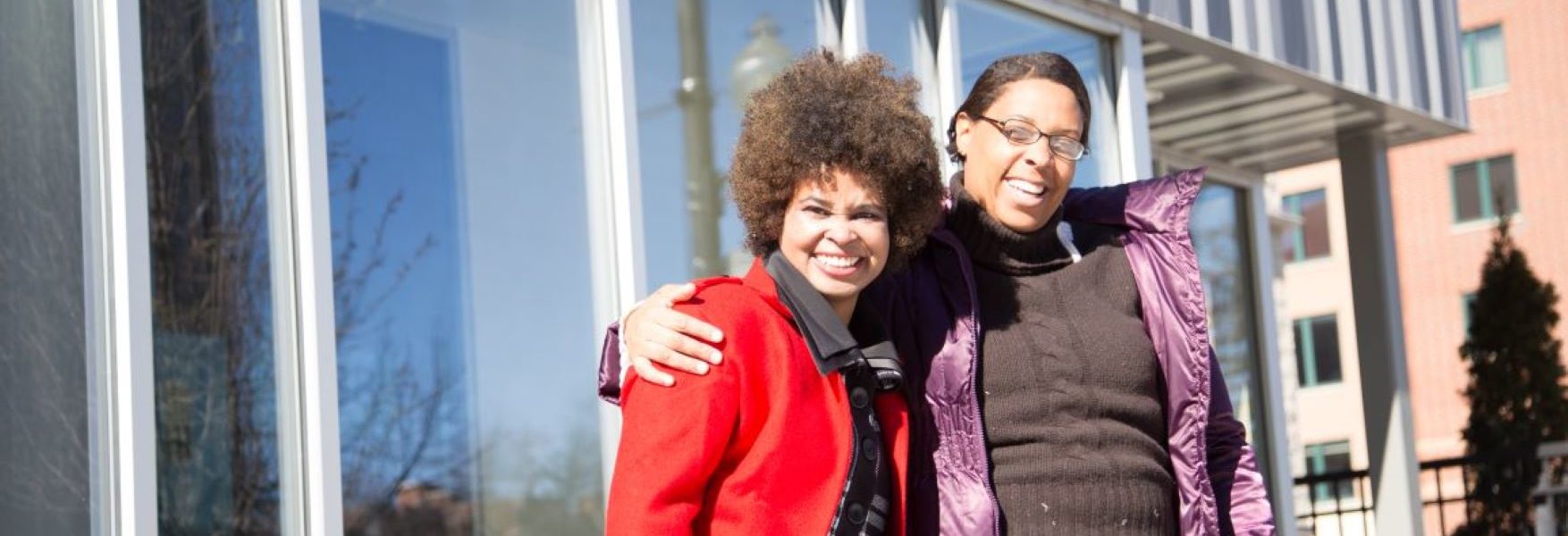Women become homeless for different reasons than men. By providing gender-sensitive, trauma-informed services specifically for women, we are helping Chicago’s most vulnerable women rebuild their lives.
Benefits of Women-Only Services
- Increased feeling of safety
- Access to specialized health services
- Heightened sense of belonging
- Trauma-informed care
- Supportive and empowering environment
Why Women Become Homeless
Poverty
Based on 2020 Quantifying America’s Gender Wage Gap by Race/Ethnicity, the National Partnership for Women & Families reports Caucasian women earn 79 cents on the dollar compared to Caucasian men; African-American women earn 62 cents on the dollar compared to Caucasian men; and Latina women earn only 54 cents on the dollar compared to Caucasian men.
Domestic Violence
Domestic violence is the direct cause of homelessness for approximately 20% of women who are homeless.
Trauma
Even when violence is not the direct cause of homelessness, a history of traumatic experiences, including post-traumatic stress disorder (PTSD) contributes to homelessness, substance use, and mental illness among women. Approximately 56% of women who are homeless have been sexually assaulted, more than three times the rate for homeless men and for women in the general population. Research shows a strong correlation between the frequency and seriousness of past victimization and a diagnosis of mental illness and/or drug and alcohol problems.
Women Need Gender-Specific Services
Trauma-Informed Services for Women are Gender-Specific
Because women experiencing PTSD tend to avoid experiences that remind them of past trauma1, including trauma perpetrated by men, services for homeless women are best provided in women-only settings. Mixed-gender services and therapy groups can also present greater risks for sexual harassment and assault, and may invite interactions that are reminiscent of perpetrator – victim relationships.2
Unique Biopsychosocial Issues
Even during episodes of housing instability, women deal with unique physical, psychological, and social issues relating to pregnancy, menstrual cycles, motherhood, and menopause. Relationships, caregiving, and gender role expectations are also different for women than men, and women physically respond differently to issues relating to substance abuse.3
1 (United States Department of Veterans Affairs, 2012)
2 (U.S. Department of Labor Women’s Bureau, 2011)
3 (U.S. Department of Health and Human Services Substance Abuse and Mental Health Services Administration, 2010, pp. 5-15)

